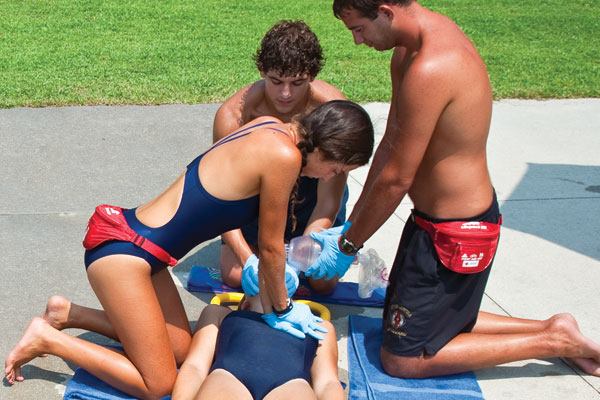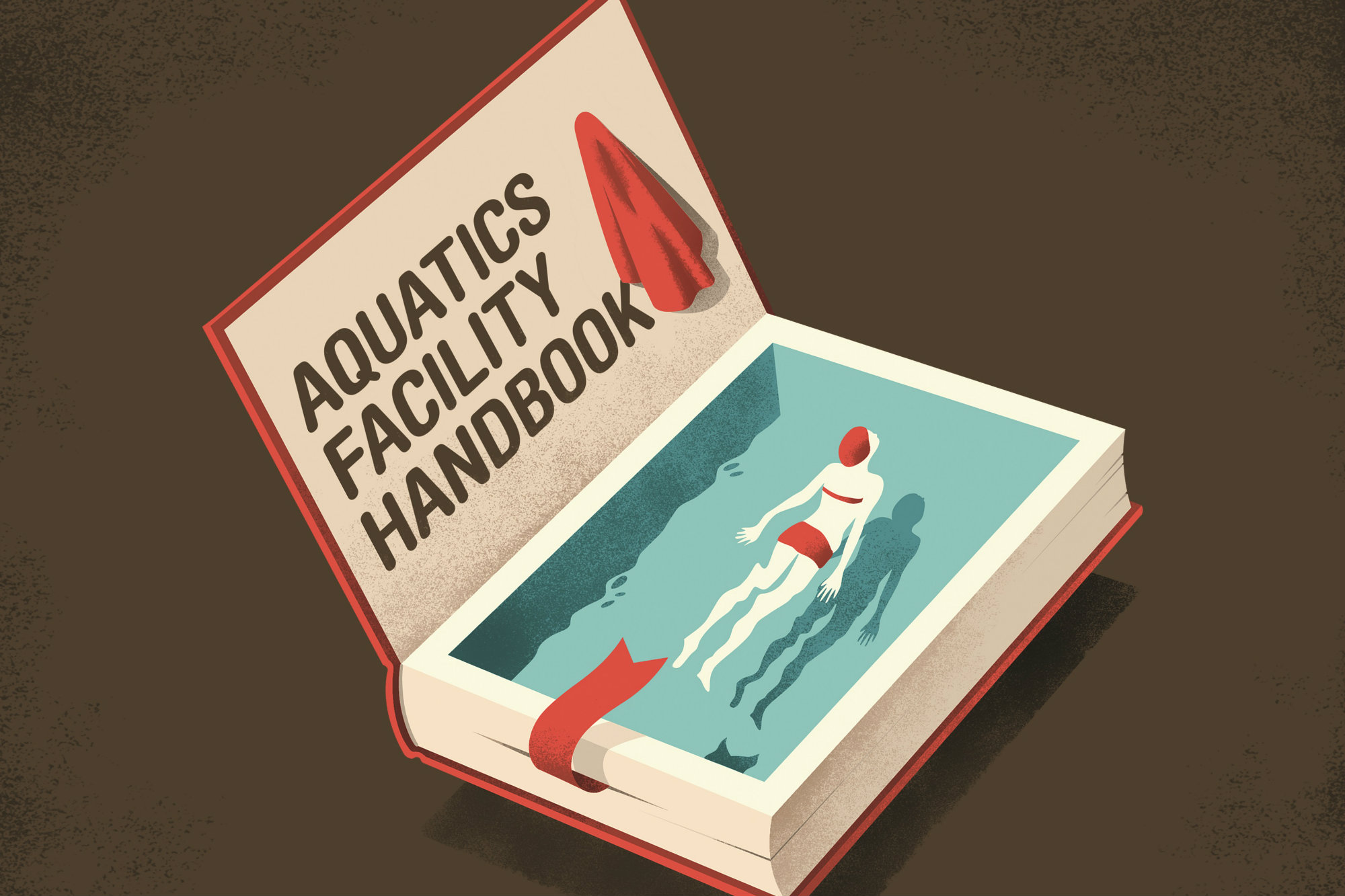Alexa Pritchard saw a major problem for aquatics when she posed a simple question during her presentation at the California Aquatic Management School: “How many of you are new or have five years or less in aquatics?” To her surprise — and dismay — more than half the room raised their hands.
“It was kind of interesting and scary at the same time,” says Pritchard, recreation superintendent for city of Roseville, Calif. Parks, Recreation and Libraries Department.
She has been in aquatics since she was 15, but she doesn’t see many others with similar track records. “I was new at some point, too, but I had grown up as a lifeguard,” Pritchard says. “Now supervisors don’t have that experience. They haven’t been on the pool deck before. They’ve never taken lifeguard training. So they’re learning the same as their lifeguards. That makes me a little nervous.”
Pritchard isn’t alone. Industry watchers report a drastic reduction in the population of aquatics managers with deep experience, due largely to the recession, coupled with the changing nature of recreation. They estimate as many as 50 percent of aquatics supervisors to be new or transient. As longtime managers know all too well, that can be a recipe for disaster — not to mention costly litigation.
“I would hate to have someone be thrown into aquatics and learn through trial by fire. That’s not fair to them or their staff,” says Adam Peper, aquatic manager for The Pointe at Ballwin Commons in Ballwin, Mo. Peper points to past tragedies such as the death of 4-year-old Yoni Gottesman, who drowned as lifeguards seemingly stood watching. “Those things happen and that’s a shame. And they happen to people who don’t pay attention to what they’re doing.”
But for those new to aquatics — and even for veterans — once the pool season starts, paying attention is nearly impossible unless you have a good schedule in place to keep you grounded, say longtime managers. That’s because aquatics supervisors don’t just have to manage staff. They also must stay on top of pool maintenance, uphold standards of care and safety among guards, and ensure proper water quality, not to mention managing marketing and budgets.
“In aquatics you do a little bit of everything,” Peper says. “So it’s very encompassing. It’s not just one concentration.”
Each month, we’ll be adding a month-by-month schedule of the tasks managers must address throughout the summer — and the year — to make sure they’ve got everything covered.
-
Aquatics Facility Handbook: May
Are you ready for the coming swim season? Use this task calendar to cover everything you need to do this month to prepare for the coming swim season.

-
Aquatics Facility Handbook: June
The swim season is upon us! Use this task calendar to cover everything you need to do for the month of June to ensure a successful summer.

-
Aquatics Facility Handbook: July
Keeping guards motivated and vigilant is imperative during this busy time. Here are the four most important tasks to perform in July.

-
Aquatics Facility Handbook: August
As the end of summer approaches, it's not too early to plan for next year. Here are four things aquatics facility operators should do this month to ensure a successful 2017 season.

-
Aquatics Facility Handbook: September-December
With the end of the swim season comes a new set of tasks. Here are four essential items to add to your offseason to-do list.




